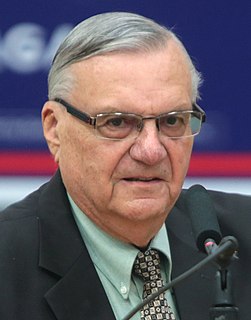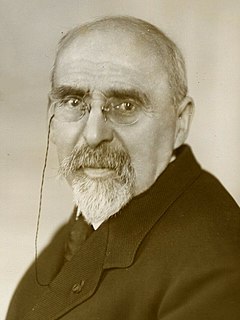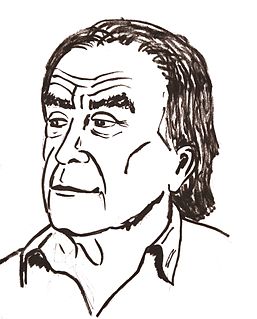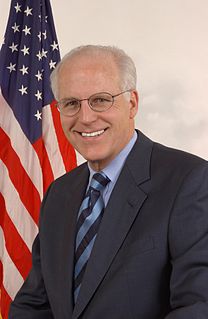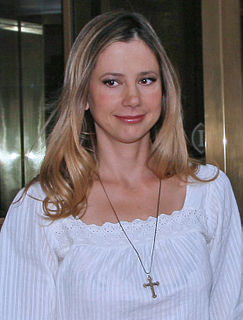A Quote by George Carlin
Professional soldiers are people who die for a living.
Quote Topics
Related Quotes
You go to London, you see a TV set in every cell and the sign up that all the officers must treat prisoners with dignity. What about your dedicated soldiers that have helped fight in Afghanistan and Iraq? They're living in tents and our soldiers are living in tents. So it's OK for soldiers to live in tents, in hot tents, but it's wrong for inmates?
It's not just professional athletes and soldiers who are at risk from traumatic brain injury. More than 1.7 million people a year sustain a traumatic brain injury, and about 50,000 of them die each year, according the Centers for Disease Control. There are both emotional and financial costs from these injuries.
Society can give its young men almost any job and they'll figure how to do it. They'll suffer for it and die for it and watch their friends die for it, but in the end, it will get done. That only means that society should be careful about what it asks for. ... Soldiers themselves are reluctant to evaluate the costs of war, but someone must. That evaluation, ongoing and unadulterated by politics, may be the one thing a country absolutely owes the soldiers who defend its borders.
For a long time, it was believed that war was waged by armies which could not be identified with the nation itself. Professional soldiers took upon themselves the job of defending national interests, and it was understood that the war affected only them; the country itself went on living and working.
One of the lessons learned during the Vietnam War was that the depiction of wounded soldiers, of coffins stacked higher than their living guards, had a negative effect on the viewing public. The military in Iraq specifically banned the photographing of wounded soldiers and coffins, thus sanitizing this terrible and bloody conflict.

